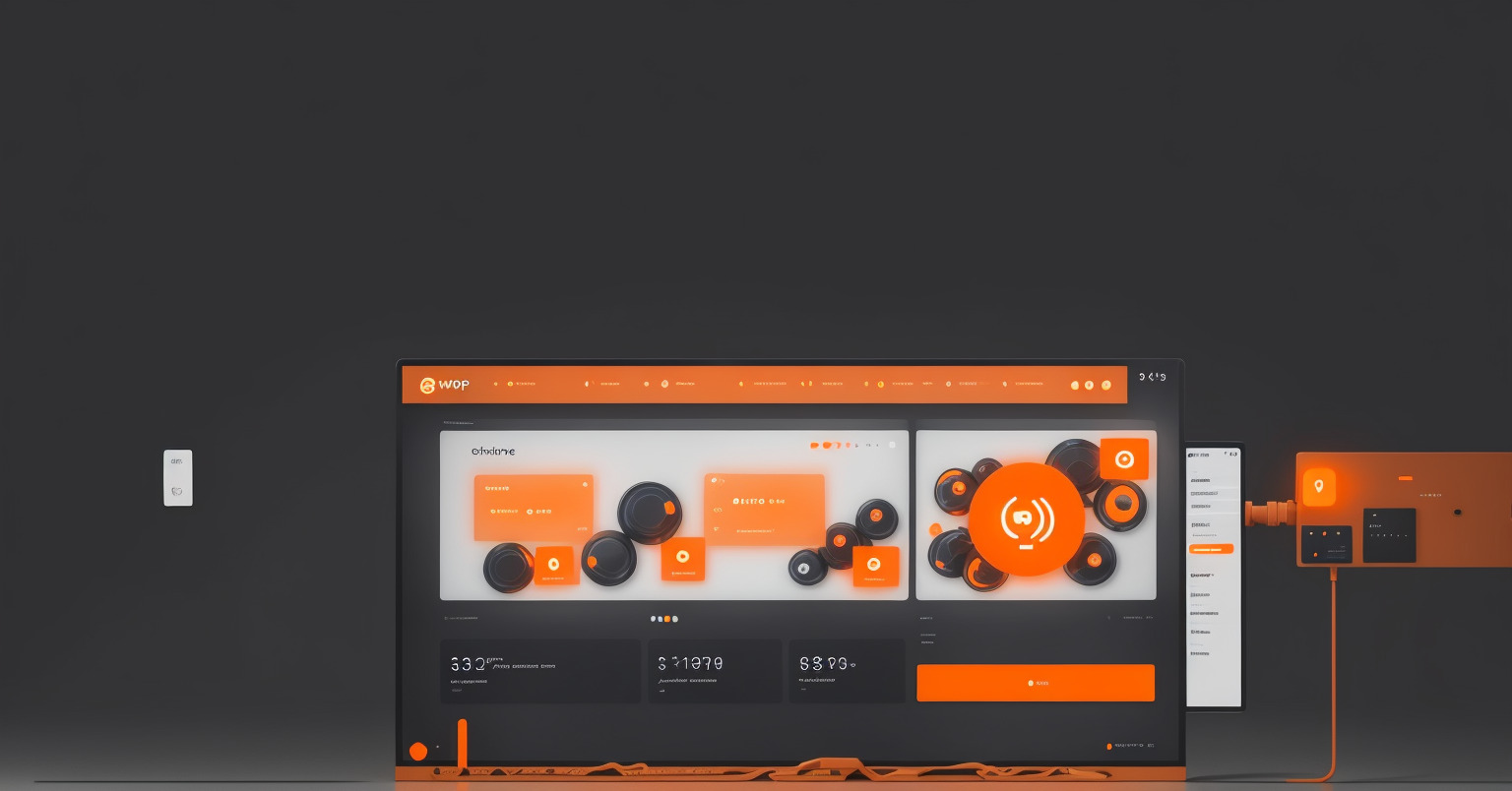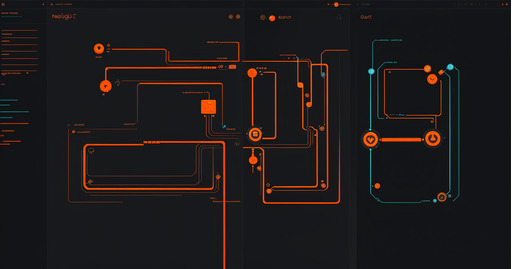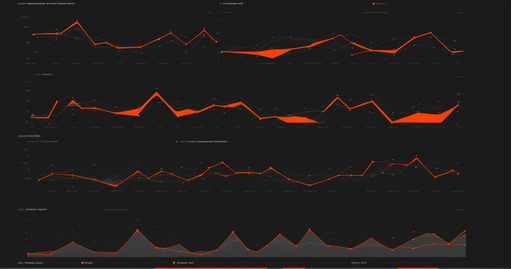24/7 Availability Means No Missed Opportunities: Unlike human agents who work in shifts, AI-powered chatbots operate around the clock, providing real-time assistance to customers at any hour. This 24/7 availability ensures that your business can capture leads and close sales even while you sleep. Whether a customer has a product question at midnight or needs help during a holiday, the chatbot responds instantly, reducing drop-offs and boosting trust. For global ecommerce brands with customers in different time zones, this constant presence is a game-changer. AI bots can even identify urgent queries and escalate to human agents when needed, ensuring seamless customer support and greater conversion potential.
Personalized Shopping Experiences That Convert: AI chatbots aren’t just answering questions—they’re learning from customer behavior to recommend products, suggest bundles, and tailor responses. By analyzing user data in real time—such as past purchases, browsing history, or location—chatbots deliver personalized messages that feel human and relevant. This level of personalization increases the likelihood of conversions and drives higher order values. For example, a returning customer might be greeted with “Welcome back! Would you like to reorder your last purchase or see our new arrivals in your size?” Such tailored interactions replicate in-store sales assistance, making the online experience more engaging and profitable.
Automated FAQ Handling Saves Time and Cost: Every business receives repetitive inquiries—shipping times, return policies, product availability. AI-powered chatbots can handle these FAQs automatically, freeing up human staff to focus on complex or high-value tasks. This reduces support ticket volume and operational costs while maintaining a high-quality customer experience. Modern chatbots can be trained on your help docs, website content, and even previous support tickets, making their answers accurate and on-brand. Businesses using chatbot automation report faster response times, higher customer satisfaction scores, and better resource utilization across support and sales teams.
Lead Qualification and Sales Funnel Optimization: Chatbots aren’t just for support—they’re active participants in your sales funnel. By asking qualifying questions, capturing email addresses, and segmenting users based on interest, chatbots help identify high-intent leads automatically. They can pass this data directly into your CRM or sales pipeline, ensuring your team focuses only on prospects most likely to convert. For ecommerce, bots can push limited-time offers or cart recovery messages based on behavior. In B2B contexts, they can book demo calls or offer tailored case studies based on visitor profiles. This automation shortens the sales cycle while improving lead quality.
Measurable ROI and Continuous Improvement: One of the biggest advantages of AI chatbots is their measurable impact. You can track response accuracy, conversion rates, average resolution times, and customer satisfaction. These insights allow businesses to continuously fine-tune their chatbot flows using real usage data. Over time, performance improves through machine learning and feedback loops. Businesses can A/B test messages, offers, and CTA placements directly within chatbot interfaces. For companies using platforms like B101, chatbots can be deeply integrated into ecommerce flows, CRM systems, and analytics dashboards—making them a core part of sales and engagement strategy with demonstrable ROI.




